The newest registered user is гераскинс
Our users have posted a total of 48009 messages in 7050 subjects
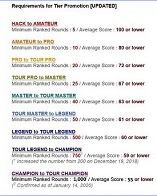
WORLD CLOCK
18 words even you might be mispronouncing
Valley of the Sun Casual Club :: WORDS , FACTS , DATES , GAMES & TRIVIA & HISTORY :: Merriam-Webster Words of the Week
 18 words even you might be mispronouncing
18 words even you might be mispronouncing
You're (Probably) Saying It Wrong
18 words even you might be mispronouncing
Introduction

English is famously difficult to spell. It asks us to accept the inconsistences of has and was, do and go, and to resign ourselves to the logic-defying set of “ough” words, like bough, bought, tough, though, and through. A word like lachrymose helps us justify our spelling bees (which, incidentally, are nearly unique to the United States), while millions of children (and adults too!) each day look at Wednesday and wonder: why?
The state of English spelling is partly due to the mongrel nature of the language (it’s essentially a product of Anglo-Saxon aka [url=https://www.merriam-webster.com/dictionary/Old English]Old English[/url], Latin, [url=https://www.merriam-webster.com/dictionary/Old Norse]Old Norse[/url], and Anglo-French), and partly a consequence of longevity; English is more than a thousand years old and languages are inherently vulnerable to the vagaries of time.
One result of the confusing and often counterintuitive nature of English spelling is that it affects pronunciation: when a word’s spelling doesn’t relate in an obvious way to the way it’s pronounced, the word is apt to be pronounced incorrectly.
This is a list of some words that frequently get mispronounced—because English is hard.
Ragout

Pronunciation: \ra-GOO\ play
In culinary contexts, ragout refers to a stew of well-seasoned meat and vegetables cooked in a thick sauce; in other contexts it’s a general term for a mixture or mélange. In any context, it’s pronounced \ra-GOO\, despite the fact that it looks like a mashup of the words rag and out.
Ragout comes by its weird pronunciation etymologically: it’s from a French word, ragoût, which itself comes from French ragoûter, meaning “to revive the taste.”
There's a lovely ragout of white asparagus, lobster and potato in a satiny beurre blanc showered with chervil.
— Irene Virbila, Los Angeles Times, 13 Apr. 2000
Colonel

Photo: U.S. Defense Logistics Agency
Pronunciation: \KER-nul\ play
The lack of agreement between spelling and pronunciation in this word (defined as "a military officer who ranks above a major") can be blamed on some noble, but ultimately unhelpful, intentions.
The French took the word colonnello from Italian—it comes from the word for “column,” and it referred to the leader of a column of soldiers—but the French altered the spelling to coronel. (Substituting l's for r's, and vice versa, is something that languages sometimes do to each other's words.) The word came to English from French in the mid-1500s, but by the mid-1600s, the etymologically “correct” (but by now confusing) spelling colonel was adopted in both French and English. Luckily for French speakers, the French later also altered their pronunciation, and today pronounce the \l\, but English speakers stubbornly kept the original \r\ and suffer the consequences still.
I knocked on the door and entered the office of Colonel Hamid, the official in charge of criminal investigations in Benghazi. He was a rotund man with a thick beard, stern features, and sunglasses that contributed to his intimidating demeanor as evening descended on the city, thus making the sunglasses appear unnecessary.
— Najwa Bin Shatwan, Michigan Quarterly Review, Spring 2022
Primer
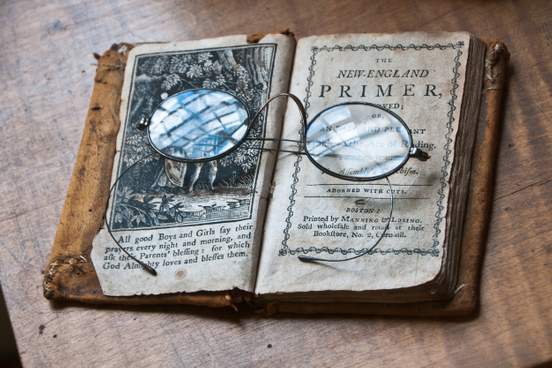
Photo: KenWiedemann
Pronunciation: \PRIMM-er\ play
There are two primers: the older word, meaning “a small book” or, more broadly, “a short informative piece of writing,” is pronounced \PRIMM-er\, while the word meaning “an initial coat of paint” is pronounced \PRY-mer\. In British English, both words are pronounced with the long "i" sound (\EYE\).
This procedure differed from the more common method whereby parish priests or others read sentences aloud from a primer that children would first memorize and then read orally, in order to associate the spoken word with its written form.
— Carole Shammas, The Huntington Library Quarterly (Philadelphia, PA), Autumn, 2019
Victuals

Photo: monticelllo
Pronunciation: \VIT-ulz\ play
Victuals means “supplies of food” or “provisions,” and comes from the Latin word victualis meaning “of nourishment.” It went through French before it came into English, and the pronunciation was presumably established based on the French spelling vitaille before the spelling was changed to better reflect the Latin root of the word.
Victuals would be spelled "vittles" if its pronunciation dictated its form, and vittles is in fact given in our dictionaries as a variant of victuals, but it's not so serious a word—the definition includes the note "now chiefly used playfully to evoke the supposed language of cowboys."
Mr. Kwis, who had helped to bring Brawith home, now delivered the bread and other victuals for their meals, including a few fresh vegetables.
— James Purdy, The Antioch Review, Fall 2016/Winter 2017
Solder

Photo: -oqIpo-
Pronunciation: \SAH-der\ play
The silent "l" in solder ("a metal or metallic alloy used when melted to join metallic surfaces") isn’t completely exotic: other, more common words like salmon, calm, walk, should, and calf also typically have one. But since solder is encountered less frequently than these (and is perhaps spoken more frequently than it is written), it’s a tricky one.
The "l" wasn't always there: up until the 1500s, most spellings of solder didn't include it. But its Latin ancestor is solidare, "to make solid," which seems to have been used to justify adding the "l" in.
After cutting and faceting, tracks are carved into the gem that are used to slide it into the gold bezel. The secret within the secret is "the door," a removable part through which the cutter inserts the stones; it is then closed and soldered shut.
— Laurence O’Dwyer, Subtropics (Gainesville, FL), Spring/Summer 2021
Viscount

Photo: TonyBaggett
Pronunciation: \VYE-kownt\ play
Not \VISS-kownt\.
A viscount is a member of the peerage in Great Britain ranking below an earl and above a baron. Etymologically speaking, a viscount is a "vice-count" or inferior count. A count, in case you're wondering, is "a European nobleman whose rank corresponds to that of a British earl."
More than once, this monument, which he intended to be posthumous, was in danger of becoming antehumous, due to the financial problems that always plagued the viscount.
— Roger Grenier, The American Scholar (Washington, DC), Autumn 2014
Awry

Pronunciation: \uh-RYE\ play
If something is awry, it’s amiss or askew—that is, it’s off the correct or expected course (“our plans went awry”), or it’s in a turned or twisted position or direction (“my tie was all awry”). Awry comes from an Old English word meaning “to turn.”
But Gordon stood there, his handsome face awry with distress, the roll of bills clenched tightly in his hand.
— F. Scott Fitzgerald, Tales of the Jazz Age, 1922
Preternatural

Photo: Rawpixel
Pronunciation: \pree-ter-NATCH-uh-rul\ play
Preternatural means “extraordinary” (“a preternatural ability”) or “inexplicable by other means” (a synonym of “psychic”). It comes from the Medieval Latin word praeternaturalis, formed from the Latin words praeter naturam, meaning “beyond nature.” In a sense, preternatural is a fancy way of saying “supernatural.”
Unlike more common words like president, present, and pressure, preternatural is pronounced with a long "e" sound (\EE\) in the first syllable.
These collaborators used Destiny's Child as a template for forward-thinking pop grounded in experimental soul music, and Beyoncé was paying close attention. Throughout her solo career, she's excelled at finding ways of folding songwriting and production avantists into her vision, demonstrating a preternatural understanding of how unexpected gestures can deepen an artist's vision, not distract from it.
— The New York Times, 27 Jul. 2022
Boatswain & Coxswain

Photo: Clerkenwell
Pronunciation: \BOH-sun\ play & \KAHK-sun\play
Boatswain and coxswain are both formed using swain, a now archaic word meaning “boy” or “servant.” The first part of boatswain is, obviously from boat; the first part of coxswain is from cok, meaning “cockboat,” a small boat. Although both words refer to people on boats, they have differences in meaning: a boatswain is "an officer on a ship whose job is to take care of the main body of the ship and all the ship's equipment," and a coxswain is "a sailor who has charge of a ship's boat and its crew and who usually steers."
Boatswain has a variant spelling that's much easier on the speller: bosun helpfully reflects the pronunciation.
Training to qualify as a coxswain of such craft demands dedication and resolve: 42 weeks of training and assessment across three separate 14-week courses to reach the most advanced level.
— Amber Edwards, The Plymouth Evening Herald (Plymouth, Eng.), 25 Jul. 2022
Last edited by Paul on Thu 16 Feb 2023, 7:35 pm; edited 2 times in total
 continued
continued
Clapboard & Cupboard

Photo: brizmaker
Pronunciation: \KLAB-erd\ play & \KUB-erd\ play
Cupboard literally is a “cup board”: that is, a board or table on which cups can be stored—at least at its origins in the Middle Ages. The “closet” meaning dates to the mid-1500s, and the "p" and "b" of the spelling have long since merged in pronunciation. As an exercise, try saying the literal “cup board” ten times fast, and you’ll experience firsthand how language evolves.
Clapboard ("a narrow board that is thicker at one edge than at the other and that is used to cover the outsides of buildings") has a different story: it came to English as a partial translation of the Dutch word klaphout, meaning “stave wood”; it probably derives from the Dutch verb clappen, meaning “to clap” or “to hit,” from the way carpenters nailed siding to houses. The phonetic pronunciation is sometimes used for the wood siding but always used when clapboard refers to the clapping slate used in filmmaking.
Here you’ll find beaches abundant in marine life, historic clapboard homes, ancient lighthouses and a culture unlike any other.
— The New Zealand Herald (Auckland, NZ), 26 Jul. 2022
Etcetera

Pronunciation: \et-SET-uh-ruh\ play
There is no other word in the English language that begins with \et-set\, which is why lots of people pronounce etcetera like it’s part of the except-excess-exciting team—that is, they pronounce it as though it were spelled “ecsetera” or “excetera.” Our dictionary includes this alternate pronunciation but it labels it as “nonstandard” because people who go about disapproving of such things widely disapprove of it.
Customers will also be eligible for 0.25 per cent discount on retail loan processing fee and discounts on prepaid dollar card, locker facility, etcetera.
— Himalaya Times (Kathmandu, Nepal), 23 Jul. 2022
Antennae

Pronunciation: \an-TEN-ee\ play
People don’t have trouble with the singular form of this word, antenna, but the plural form antennae doesn’t look like a regular English word, which makes it tricky.
Here’s the secret: the “ae” in antennae says /ee/, just like the “ae” in algae and Caesar. The antennae plural of antenna is typically limited to the slender movable sensory organs on the heads of insects and crustaceans (also on myriapods like centipedes and millipedes), or to something that’s reminiscent of those—(“a candidate’s political antennae”). The type of antenna on a building or car, used to radiate or receive radio waves, has a more typical plural form, antennas.
Note: the plural of larva is larvae, and the “ae” in that word can be pronounced two ways: \LAHR-vee\ and \LAHR-vye\ are both perfectly acceptable.
While Some Are Scripting Success Stories, Many Are Unable To Survive. Investors, Therefore, Have Their Wariness Antennae Up
— (headline) The Times of India (New Delhi, Ind.), 25 Jul. 2022
Epitome

Photo: XiXinXing
Pronunciation: \ih-PIT-uh-mee\ play
The word tome comes from the Greek word tomos, meaning “section” or “roll of papyrus,” from the verb meaning “to cut,” from the time when papyrus scrolls were the equivalent of books, and were cut for ease of handling and storage. Originally, tome in English referred to one volume from a set of books. Epitome comes from the related Greek word epitomē, from the word meaning “to cut short.” Something cut short represented a summary or a collection of the important points of a piece of writing; in English epitome has such meanings as "a perfect example," and "a summary of a written work.". The apparently un-English pronunciation of epitome reflects its Greek roots; don’t let the tome connection fool you phonetically.
On the page, Didion exhibits the epitome of control, mastery, and clarity.
— Joshua Wolf Shenk, The Virginia Quarterly Review (Charlottesville, VA), Spring 2020
Mischievous

Pronunciation: \MISS-chuh-vuss\ play
The word mischievous can describe both the playful and the malicious—the mischievous behavior of a mischievous child is likely the former, while a mischievous lie is probably the latter. In the word’s standard pronunciation, there are only three syllables: \MISS-chuh-vuss\. But so many people like to add a syllable that our dictionary also gives an alternate pronunciation: \miss-CHEE-vee-uss\. We label this pronunciation as “nonstandard” because many other people think it’s wrong. It’s true that it doesn’t match the word’s spelling, but it has a nice nod to devious in it, which makes it perhaps a bit of a mischievous act in itself.
Cords of dust traveling
mischievously into corners
while I spin around
on a rock of my own invention
A servant to the black and white cat
that hooks into my shirt-sleeve.
— Wendy Xu, the American Poetry Review (Philadelphia, PA), Sept./Oct. 2021
Hyperbole

Pronunciation: \hye-PER-buh-lee\ play
While hyperbole looks for all the world like it should be pronounced like a variation on Superbowl, this word referring to extravagant exaggeration is instead pronounced as \hye-PER-buh-lee\. That’s right: instead of the hyper we have in hyperlink, we get \hye-PER\, with the accent, or emphasis, on the second syllable. And instead of bole rhyming with pole, it’s \buh-lee\, like the word believe without the v.
Showalter doesn't like to feed the media hyperbole surrounding events like the Subway Series, but he had to admit the long-term benefit of knocking around the Yankees, even if this was just one game in late July.
— David Lennon, Newsday (Long Island, NY), 27 Jul. 2022
Segue

Pronunciation: \SEG-way\ play
If segue followed the pattern of most English words ending in “gue”—like vogue, vague, league, and fatigue—it would rhyme with beg, but instead it sounds like \SEG-way.
Most often used as a verb expressing movement without stopping from one activity, topic, song, etc., to another, as in “segueing to a new topic,” segue sounds just like the name of an American company that produces electric transportation devices; that company’s name, Segway, has likely contributed greatly to the frequent spelling of segue as “segway.”
But other times Francis shows very little interest in the person who wrote him, taking one minor detail, a single line or an observation from an included photo and using that as a segue to the personal anecdote he really wants to share.
— Joel Boyce, Winnipeg Free Press (Winnipeg, Can.), 16 Jul. 2022
Remuneration

Pronunciation: \rih-myoo-nuh-RAY-shun\ play
Remuneration is a formal word that’s usually used to refer to an amount of money paid to someone for the work that person has done. While its spelling reflects its pronunciation—\rih-myoo-nuh-RAY-shun\—the link between its meaning and the word number likely pulls people toward a pronunciation that recalls words like numeral and numeric, but there’s no “num” in remuneration.
The real remuneration had been the time spent together, the chance to get caught up.
— Laura van den Berg, The Virginia Quarterly Review (Charlottesville, VA), Spring 2019
 Similar topics
Similar topics» EXTRA WORD GENIUS WORDS OF THE DAY 2 pages
» Merriam Webster Words of the Day
» Merriam Webster Words of the Week
» Merriam-Webster Words of the Week
Valley of the Sun Casual Club :: WORDS , FACTS , DATES , GAMES & TRIVIA & HISTORY :: Merriam-Webster Words of the Week

 Events
Events

















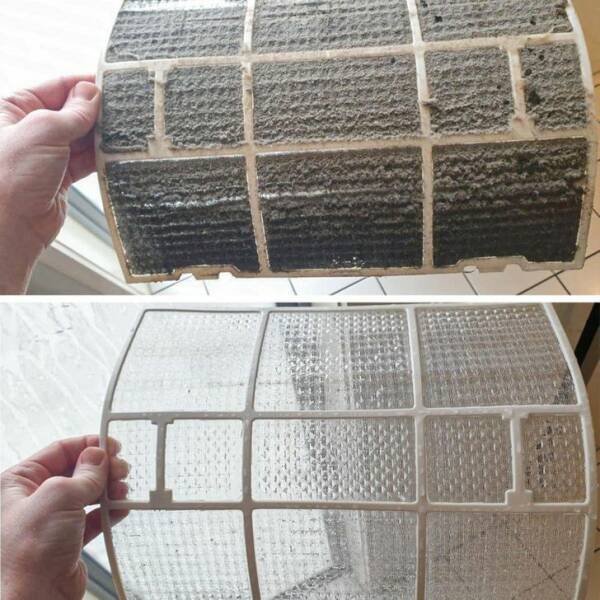










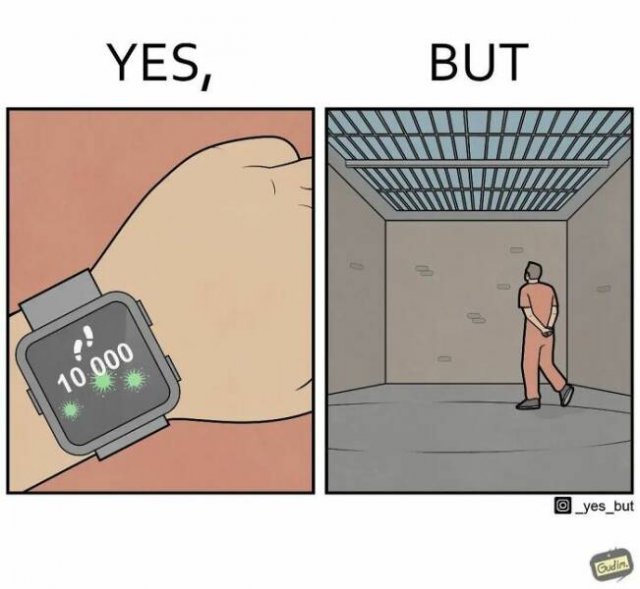
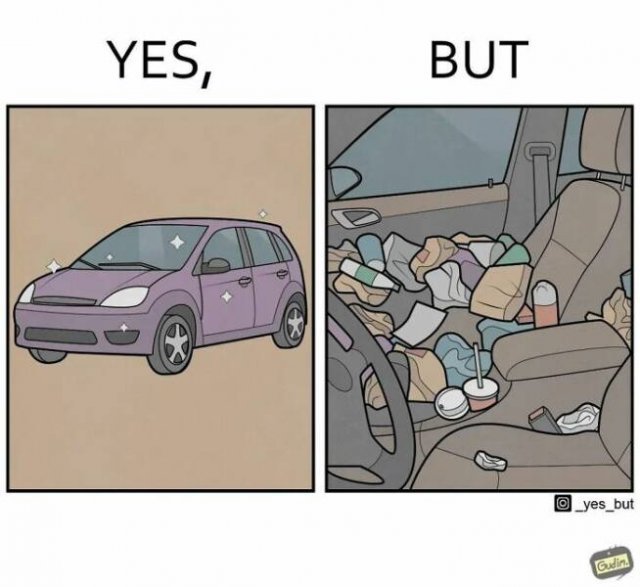
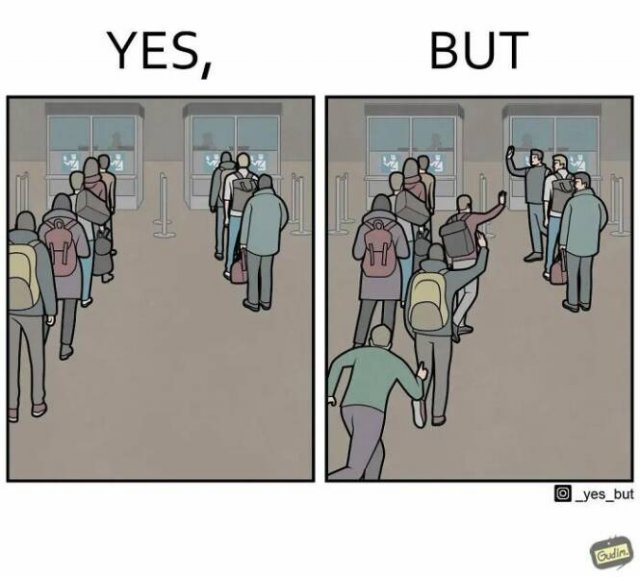

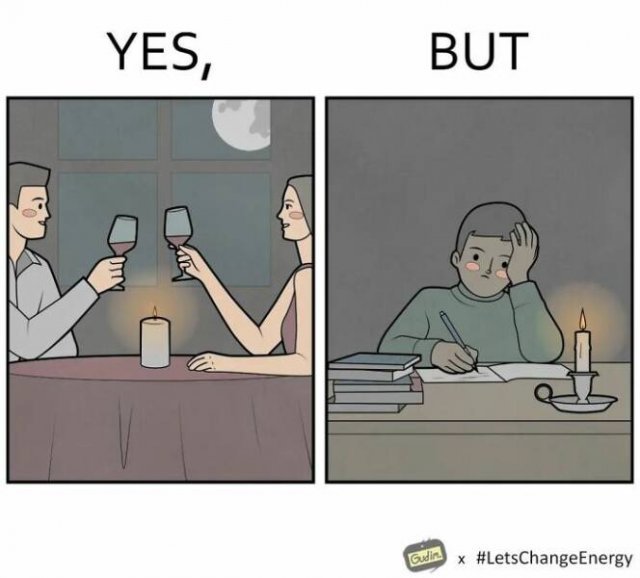
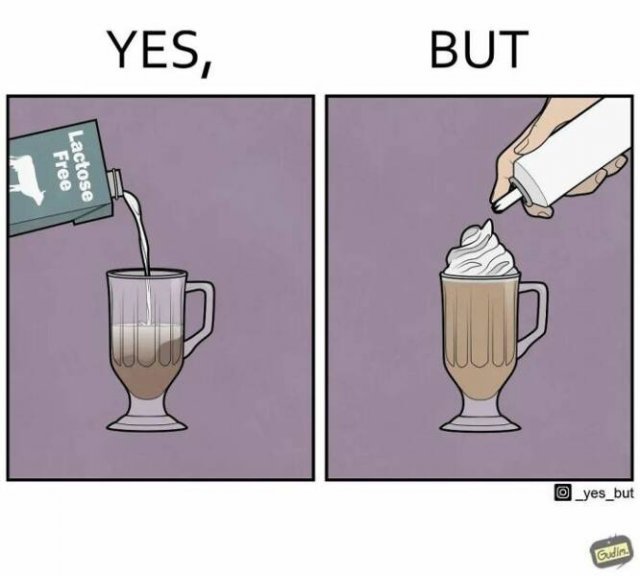






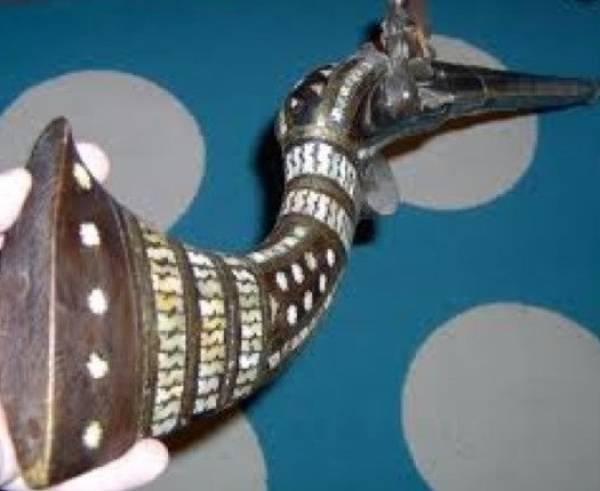


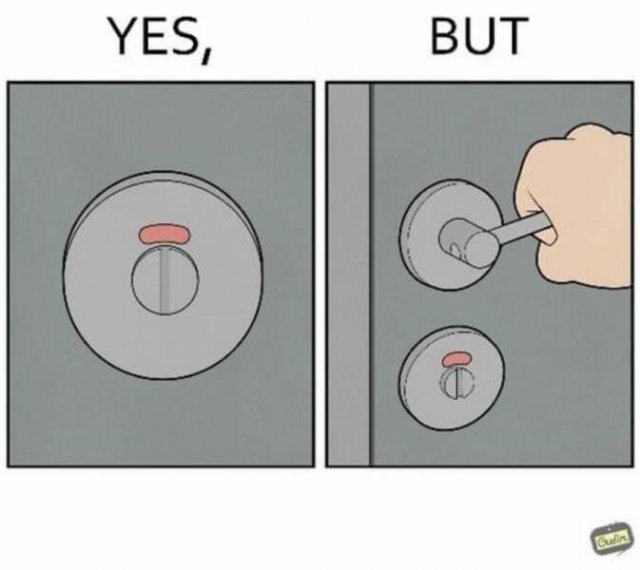

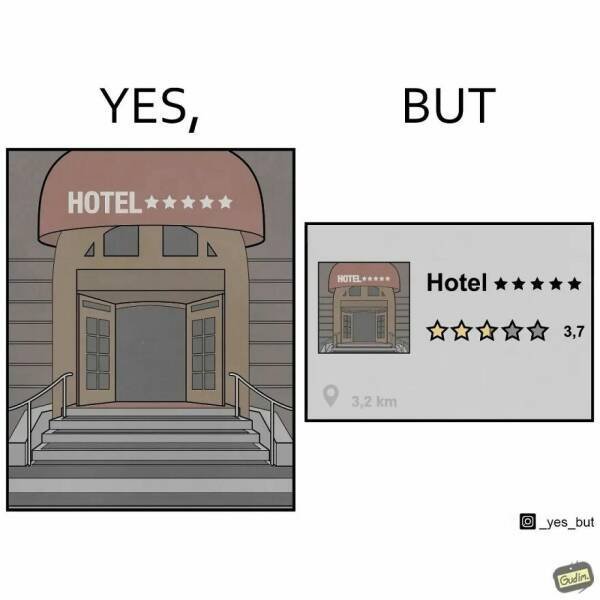
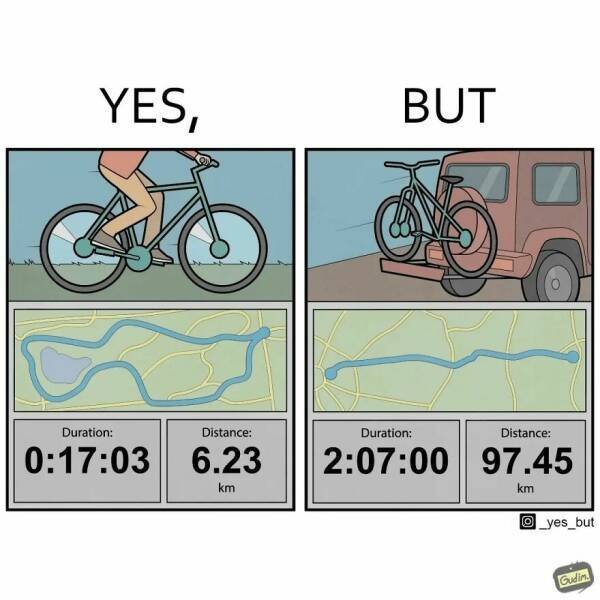

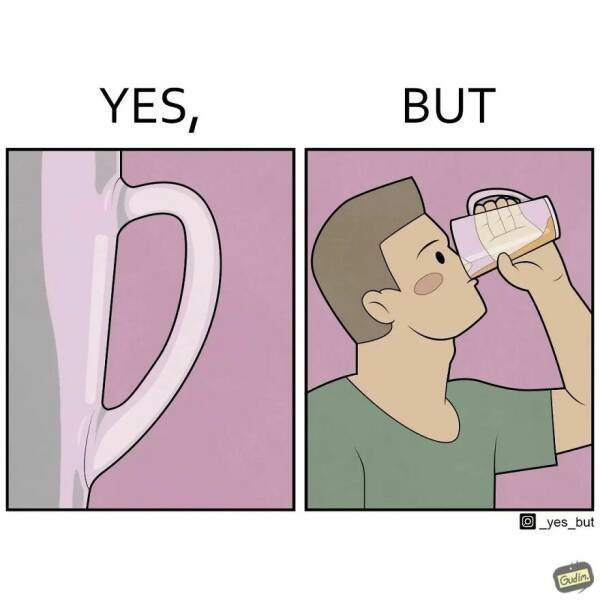
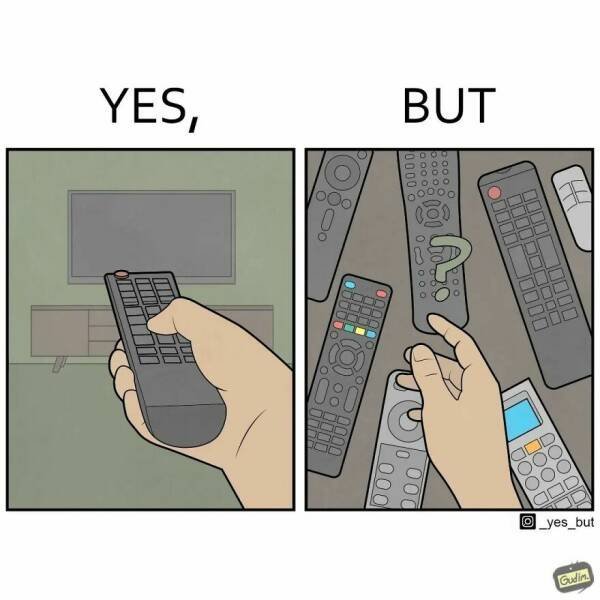





























» INTRO TO WORD SMARTS
» PINTEREST ICONIC COMIX
» HISTORY FACTS * Gold wasn't always the top Olympic medal *
» Word Genius Word of the day * occlude *
» JULY NATIONAL CELEBRATION DAYS JULY 26 2024
» QUIZ TREAT QUIZ *Which mammal has the most powerful bite? *
» QUIZ TREAT ANSWER PAGE
» NAT GEO * The 2024 Olympics will likely be the hottest ever *
» NAT GEO * Sharks found with cocaine in their systems *
» WISE TRIVIA QUIZ *What was the first song ever played on the radio? *
» WISE TRIVIA ANSWER PAGE
» E.S.Etaski * Sister Seekers Book 10 now available everywhere! *
» WORD DAILY Word of the Day: * literatim *
» JULY NATIONAL CELEBRATION DAYS JULY 25 2024